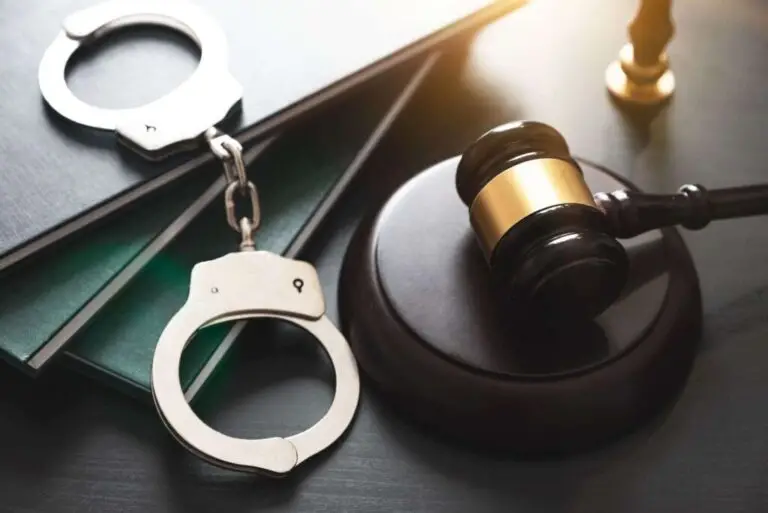In a development that has sharpened regional security concerns, multiple individuals — reportedly from both Trinidad and Venezuela — were intercepted at sea under suspicious circumstances, sparking speculation of an organized criminal operation spanning national borders.
Beyond the Nets: What Were They Really Fishing For?
Trinidad and Tobago’s Police Commissioner, Allister Guevarro, issued a firm statement refuting any benign intent behind the group’s maritime journey. “They weren’t out there to collect fish,” he noted dryly, a comment laced with the kind of implication that needs little unpacking in the current security climate.
The men, detained by Venezuelan authorities, were allegedly headed to retrieve a shipment of illegal firearms and narcotics reportedly bound for Trinidad’s shores. The incident, which unfolded near Cabo Codera, adds another layer to ongoing regional investigations into transnational crime networks operating with increasing boldness across the Caribbean basin.
The Shadow of Tren de Aragua
According to regional intelligence sources, at least one Venezuelan detainee is believed to have ties to Tren de Aragua — a transnational criminal syndicate with tentacles stretching from South America into the Caribbean. Several of the Trinidadian nationals aboard the vessel have been linked to a known incarcerated gang leader within Trinidad, strengthening fears of collusion between domestic and foreign criminal elements.
Seized at the time of arrest were 3,000 litres of marine fuel and a cache of contraband. While specific details on the full inventory remain under wraps, security officials suggest the haul fits a known trafficking pattern involving weapons, narcotics, and smuggling-grade fuel used to support long-range sea travel.
State of Emergency and a Sudden Change of Plans
This interception comes in the midst of a declared state of emergency in Trinidad and Tobago, announced on July 18. Coinciding with the leak of the arrest footage, the government abruptly cancelled all Independence Day celebrations, replacing them with a National Day of Prayer and Reflection. Analysts speculate this abrupt policy pivot reflects fears of retaliatory gang violence or a broader destabilizing event.
While not officially confirmed, insiders suggest the timing of the video release, coupled with growing chatter among intelligence units, may have forced the government’s hand. The underlying message: something far more volatile is brewing beneath the surface.
Commissioner Issues Stark Warning
Commissioner Guevarro made it clear that investigations are ongoing, but emphasized that the detainment of these individuals — several of whom are familiar to authorities — “has made our job a lot easier.” He added a caustic warning to others contemplating similar ventures: “Let this serve as a clear warning to other misguided individuals who believe that they can evade justice by crossing borders.”
He went further still, hinting at the dire conditions awaiting the suspects: “I wish them luck, because they will need it.”
Domestic Operations Also Heating Up
On home soil, law enforcement agencies are pushing forward. Anti-crime operations in the South Western Division recently netted an assault rifle, multiple rounds of ammunition, and quantities of cocaine. Two suspects, aged 22 and 28, were arrested in connection with the finds, as authorities continue tightening their net on what appears to be a rapidly evolving criminal landscape.
Conclusion
The regional chessboard is shifting. What once passed as isolated criminal activity now appears increasingly coordinated, transnational, and brazen. The intercepted vessel may have been just one piece in a much larger operation — but it may also have been the catalyst for a crackdown that’s just beginning.






